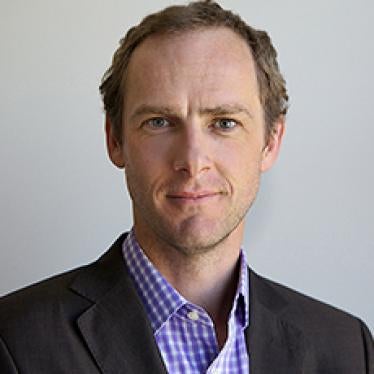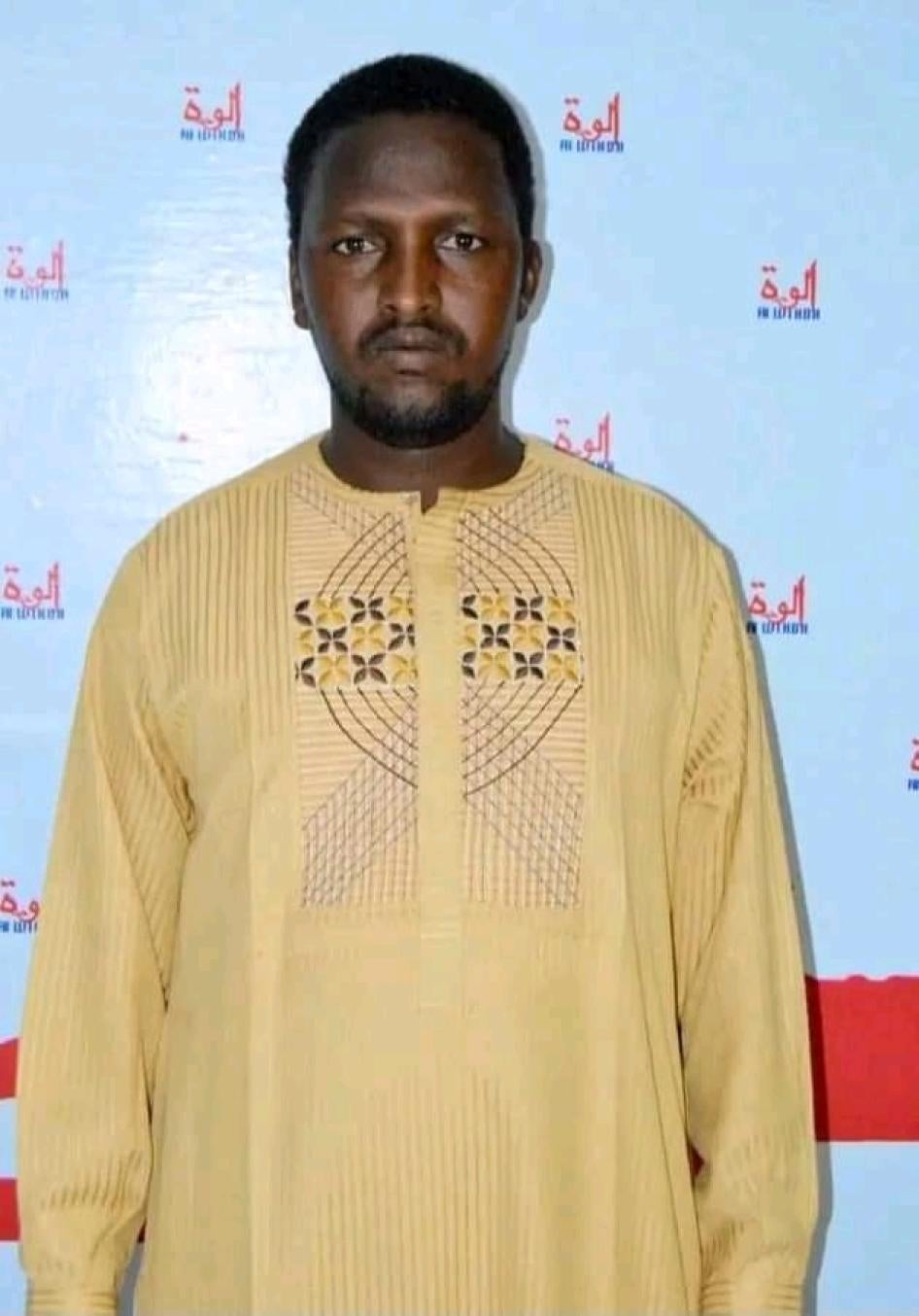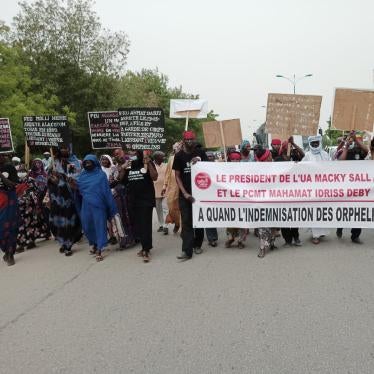Last October, protests against Chad’s transitional government were met with brutal repression as scores of people were killed, injured, or arrested. But despite a shrinking political space, activists, lawyers, and journalists have continued their work largely unhindered. However, the recent suspension of a popular news website is a troubling development, especially as Chad prepares for a constitutional referendum later this year.
Last week, Chad’s High Media and Audiovisual Authority regulator (HAMA) suspended Alwihda Info for eight days following the publication of articles on internal reshuffling in the army and a speech given by the transitional president, Mahamat Déby, about conflict on the country’s northern border. HAMA accused the outlet of publishing “insulting remarks” about the president and of “undermining the cohesion and discipline within the army” and warned of more severe sanctions for any repeat offenses.
Alwihda Info has not published on its website nor social media since August 26. That same evening, the outlet’s publishing director, Djimet Wiché, said he was followed by two cars he suspected belonged to intelligence agents, forcing him to spend the night in another location.
Just days after winning a sixth term in April 2021, Chad’s then-President Idriss Déby Itno died in clashes in the north under unclear circumstances. Chad’s Constitution states elections are to be held within three months following the death of a president. That provision was not followed. Instead, a transitional military council headed by Déby's son, Mahamat Déby, took over and has remained in power without elections.
The new draft constitution, scheduled for a referendum in December, would make important changes including altering the minimum age for presidential candidates, stipulating that a candidate for president must be of Chadian parents, and that Chad remains a decentralized state instead of moving towards federalism.
The ability for outlets like Alwihda Info to objectively inform citizens in a free and fair way about these important debates is now in question. Stifling debate before important votes is a common tactic in Chad, evidenced most recently with internet and social media cuts before the April 2021 election.
Freedom of the press is a fundamental pillar of any system aspiring to be democratic. Media outlets should not be suspended for publishing articles just because they may make the government uncomfortable.







